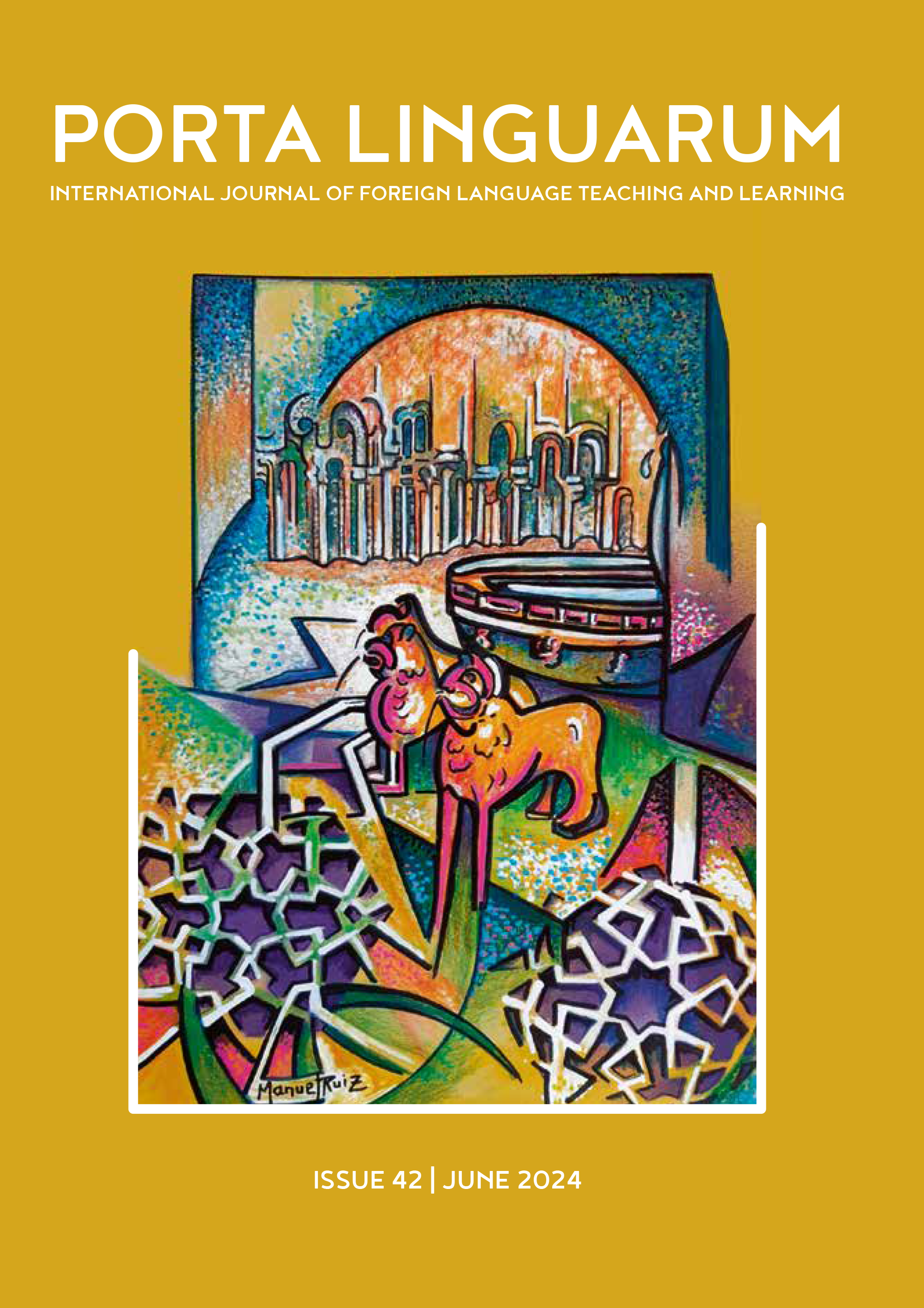College English Teaching Reform Based on Intersubjectivity Teaching Model Yongxiang Wang, Youyi Zhu et al. & Hua Yang (Ed.) (2020). Soochow University Press, Soochow, 243 pages ISBN: 978-7-5672-3390-4
DOI:
https://doi.org/10.30827/portalin.vi42.29331Abstract
With the development of college English teaching reform in China, growing attention has been paid to the improvement of teaching materials and teaching methods. This book review introduces the monograph College English Teaching Reform Based on Intersubjectivity Teaching Model written by Yongxiang Wang, Youyi Zhu et al. from three aspects, namely content, strengths, and weaknesses. It is found that through the intersubjectivity teaching model, the model which breaks the limitation of the binary opposition approach and reflects Bakhtin’s Dialogue Theory, this monograph makes a profound reflection on modern college English teaching and puts forward instructive methods for English teaching, which makes significant contributions to the reform of college English teaching in China and are worth further promoting.
Downloads
References
Beraldo, R. M., Ligorio, M. B., & Barbato, S. B. (2018). Intersubjectivity in primary and secondary education: A review study. Research Papers in Education, 33, 278 - 299. https://doi.org/10.1080/02671522.2017.1302497
Dennen, V. P., Hall, B. M., & Hedquist, A. (2023). A systematic review of research on intersubjectivity in online learning: Illuminating opportunities for cohesion and mutual understanding in the research conversation. Online Learning, 27(1), 158-186. https://doi.org/10.24059/olj.v27i1.3430
Di Gesú, M. G. (2021). Building intersubjectivity in online learning: Pupils’ and mo students’ perception of teachers’ social presence in technology-mediated teaching and learning processes. Human Arenas, 4(2), 338-349. https://doi.org/10.1007/s42087-021-00226-x
Vashishtha, P., & Panda, M. (2019). Exploring intersubjective interactions: A sociocultural analysis of pedagogical practices in a Digantar school. Psychological Studies, 64, 161–172. https://doi.org/10.1007/s12646-019-00487-1



















